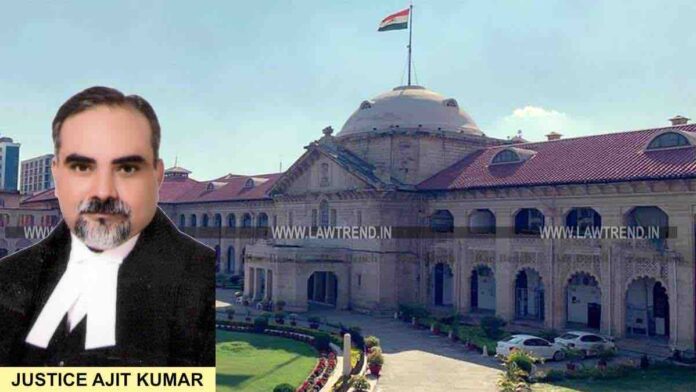In a significant ruling, the Allahabad High Court, presided over by Justice Ajit Kumar, dismissed a petition challenging an eviction order in Matters Under Article 227 No. 6479 of 2021. The petition was filed by tenants Zulfikar Ahmad and seven others, contesting the release of two rented shops to their landlord, Jahangir Alam, based on
To Read More Please Subscribe to VIP Membership for Unlimited Access to All the Articles, Download Available Copies of Judgments/Order, Acess to Central/State Bare Acts, Advertisement Free Content, Access to More than 4000 Legal Drafts( Readymade Editable Formats of Suits, Petitions, Writs, Legal Notices, Divorce Petitions, 138 Notices, Bail Applications etc.) in Hindi and English.




